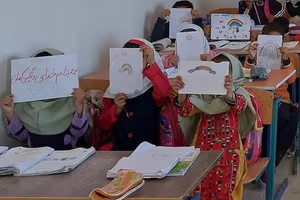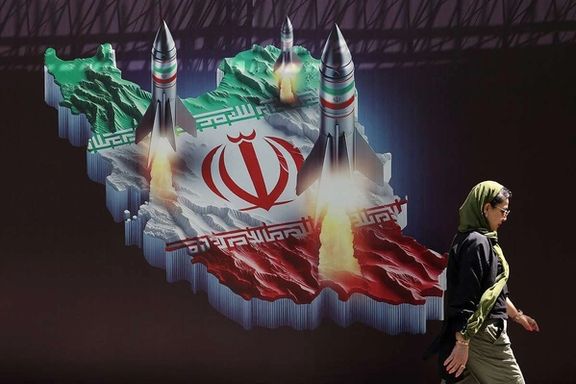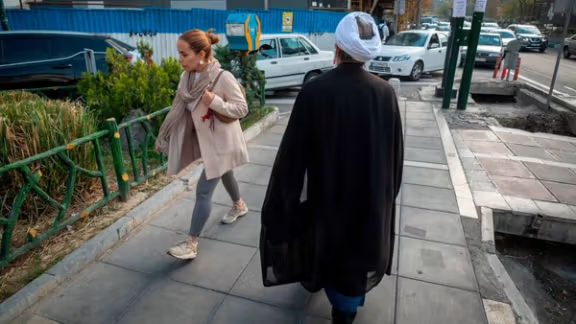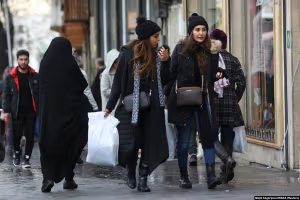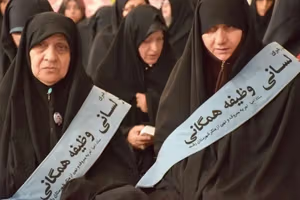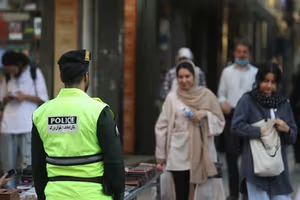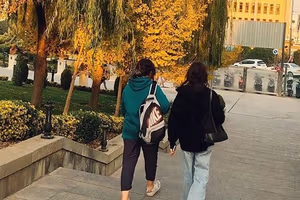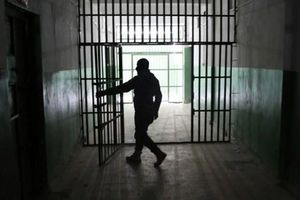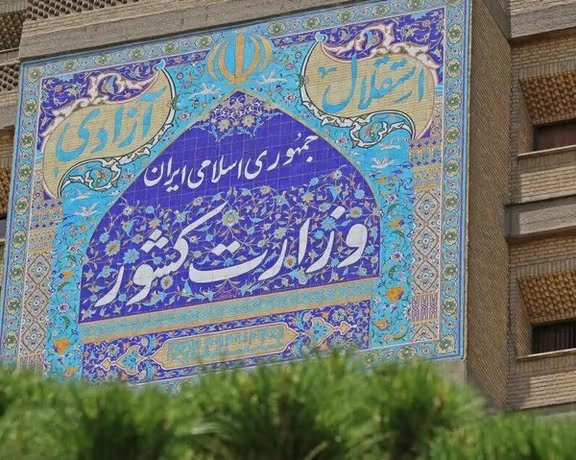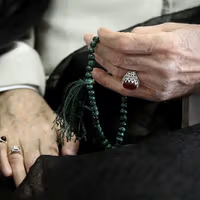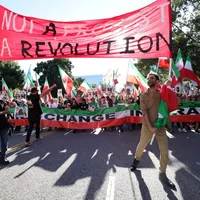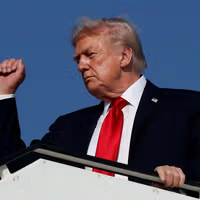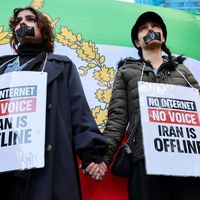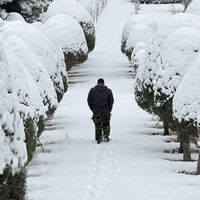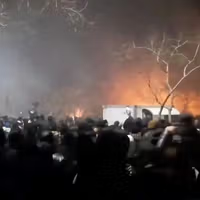Speaking at her weekly press briefing, Fatemeh Mohajerani said, “Hijab cannot be restored to society by force... The president has repeatedly said that we certainly cannot bring hijab back to people through coercion.”
She added that the government respects all existing laws but emphasized that social norms should be upheld through cultural engagement rather than force.
Mohajerani added that the government seeks to prevent the hijab debate from deepening social divisions.
“We must ensure,” she said, “that defending social values does not come at the cost of dividing our people.”
“We are a Muslim society,” she pointed out. “We must take care not to create divisions. While we believe inappropriate public behavior should be addressed, it is something that requires the cooperation of all citizens.”
Her remarks came after Tehran’s Promotion of Virtue and Prevention of Vice headquarters said this month that 80,000 trained volunteers would be deployed across the capital as part of a new “hijab and chastity situation room.”
The initiative, announced by conservative officials, will rely on local monitoring and cooperation with cyber police and prosecutors.
No extra budget for hijab enforcement
Mohajerani also denied that any dedicated funding had been assigned for the recently announced mobilization, saying that “no special budget has been allocated for such programs.”
She added that Iran’s Supreme National Security Council (SNSC) -- headed by the president -- remained the ultimate authority on matters related to social order and security.
The new hijab enforcement drive has drawn concern among reformist politicians and clerics who warn that policing public behavior risks further division.
Cleric Abdolkarim Behjatpour, a senior member of Iran’s Institute for Islamic Culture and Thought, told ILNA news agency this week that if the campaign “turns into arrests and imprisonment, it will harm the system.”
He said moral guidance “must be delivered politely, with compassion and dignity, not through enforcement that creates social rifts.”
Another senior cleric and member of the Society of Seminary Teachers in Qom, Mohsen Faghihi, said on Tuesday that “inviting people to observe hijab should not involve confrontation, morality patrols, or imprisonment,” warning that such measures only create tension and division.
However, Abbas Ka'bi, a senior cleric and member of Iran’s Assembly of Experts, warned earlier this week against what he described as neglect over hijab enforcement, calling it a religious and legal duty of all state institutions.
He described hijab as an asset "protecting Iran’s Islamic identity from Western moral decline," and urged coordinated, well-planned action by cultural, security, and judicial bodies to prevent what he called the spread of immorality.
Since the 2022 death of Mahsa Amini in the custody of Iran’s morality police, enforcing compulsory hijab has become increasingly difficult, and the state’s ability to impose the rules has sharply eroded, particularly in major cities.
Since then, many women have continued to appear unveiled in public despite warnings, fines, and the return of hijab patrol vans, turning defiance into a daily act of resistance.
In recent months, however, authorities have revived enforcement drives through mobile patrol vans, increased fines, and business closures targeting cafés and shops accused of noncompliance.
Judiciary spokesman Ali-Asghar Jahangir said earlier this month that hijab laws remain in force, though enforcement methods have shifted toward targeting businesses rather than individuals.


